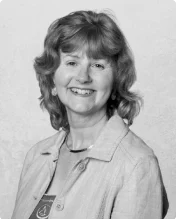The 9 April RWE4Decisions Webinar “From Policy to Practice: EHDS Implementation to Support Better Real-World Evidence for HTA/Payers” brought together a vibrant community of over 200 participants to discuss how the European Health Data Space (EHDS) could generate robust real-world evidence (RWE) to support better informed, more timely HTA/Payers decisions. The discussion focused on practical steps toward EHDS implementation, offering multi-stakeholder perspectives that included policymakers, HTA/Payers, health technology developers, patients, and clinicians. Speakers shared insights into the opportunities of secondary use of health data under the EHDS, and national and pan-European initiatives showcasing how Member States are preparing for implementation and the evolving role of RWE in shaping patient-centred decisions.






